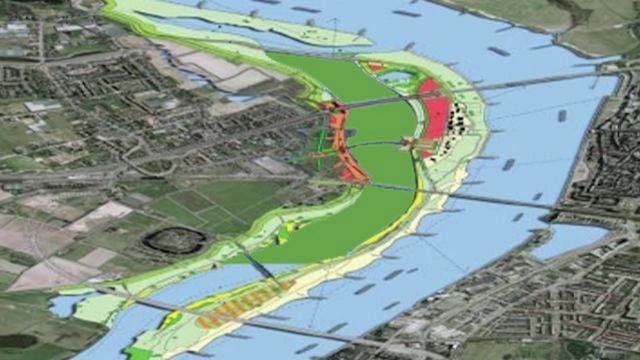Mission: The provision and application of relevant geo-information for the sustainable use and conservation of the green cover of the earth
Over the past decade, the field of earth observation and geo-information science has been characterized by greater focus on “understanding processes” rather than by its more traditional “inventory” orientation. Inventory-oriented science has benefitted from new operational sensors. In particular, we note the advance of hyperspectral sensors, the development of LIDAR and radar sensors, and new platforms of earth observation integration.
Understanding and modelling processes is more than combining and analysing different data in a common georeference: the underlying factors and principles are complex and can be difficult to constrain and comprehend. Expert knowledge is needed more than ever where process-oriented problem solving requires a sound basis of factual data.
Role of the Department
The role of the Department of Natural Resources is: The sustainable management and meeting of societal needs from the green cover (biosphere) by applying and developing geo-information, earth observation and spatio-temporal analytical tools. The Department uses earth observation data and spatial information in combination with systems modeling, geo-information science (GIS) and remote sensing for the assessment, monitoring, planning and management of natural resources, for their sustainable use, development and restoration under global change.
Global change, caused by growing population densities and rising economic production levels, is increasingly placing pressure on scarce land resources. Development is increasingly dominated by the interference of global and local transitions. Especially in developing countries the local transitions are not always contributing to sustainable development.
Consequently, in the Department’s activities, there is an implicit focus on the role of people in the landscape. Adequate solutions to environmental problems such as:
- Biodiversity loss
- Deforestation
- Overgrazing
- Landscape fragmentation
- Climate change
- Depletion and contamination of land and water resources
These all depend on integrated insight and improved management. Planners, managers, policy makers and researchers need to understand the complexity of the factors involved and to be able to collaborate across disciplines. Geo-information science (GIS) and remote sensing play a central role in the search for clear analyses and viable policies. Skills in this field continue to be in demand by industry, government and NGOs.


